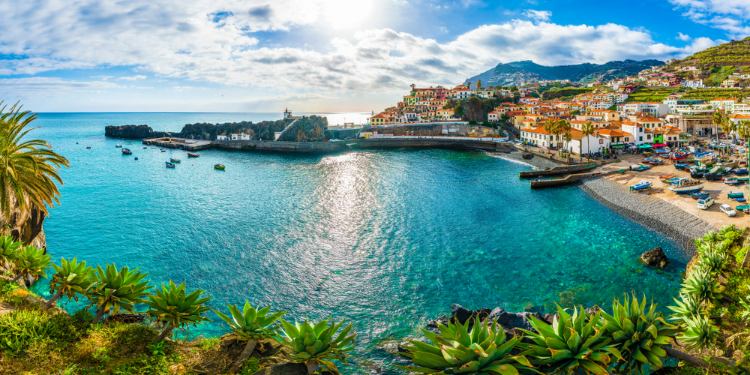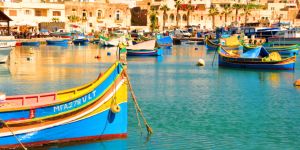
Unlike other European countries that recently reviewed their controversial golden visa programs, Portugal stands firm. Severely affected by the pandemic, followed by the economic crisis, the war in Ukraine, and rising inflation (8% last month), the Portuguese economy heavily relies on foreign investment. This is probably why the government refuses to end its golden visa program despite warnings.
The Golden Visa issue
On Friday, June 17, the Portuguese Parliament said "no" to the proposal to end golden visas. This is a great disappointment to the Portuguese Communist Party (PCP), Bloco de Esquerda (Left Bloc, BE), and the ecologist party People Animals Nature (PAN). The Socialist Party (PS) rejected all their proposals, claiming that the adjustments made last January are sufficient.
Since January, the golden visa program only applies to properties located in officially classified "tourist areas". These properties must be located in the autonomous regions of the Azores and Madeira. However, there are exceptions for sparsely populated areas. The adjustments aim at scrapping accusations of Portuguese nationality being sold to foreigners while encouraging wealthy foreigners to invest in small and medium Portuguese towns.
According to Socialist parliamentary Pedro Anastácio, these changes are expected to promote productive investment, job creation, and investment in urban requalification. He believes that golden visas also highlight Portugal's cultural heritage and activities of high environmental or social value. For Pedro Anastácio, the golden visa program is fundamental for the Portuguese economy.
How has Portugal benefited from the Golden Visa program?
The Portuguese Golden Visa Program was set up after the 2008 financial crisis -- at a time when the country entered into austerity. In 2012, unemployment rose to 15%. The Golden Visa was then created. According to figures from the SEF (Serviço de Estrangeiros et Fronteiras/Borders and Immigration Service), this program has brought in 5.3 billion euros for barely 10,000 visas issued. In 2019 alone, the golden visa brought in 601.5 million euros -- which was a nearly 30% increase.
Originally, the golden visa granted residency to non-European nationals provided they bought a property worth 500,000 euros, or deposited a million euros in a Portuguese bank account, or invested in Portuguese companies. The 2022 reform (postponed from 2021 due to the Covid pandemic) introduced restrictions on localities where foreigners can invest. Still, its main objective is to attract wealthy investors, especially the British. Deprived of European citizenship since Brexit, more and more Britons investors are turning to Portugal.
The recent reform hasn't slowed down the trend regarding foreign investment. British investors play a crucial role in boosting Madeira's economy. Last year, they injected 60 million euros into this autonomous Portuguese archipelago. New records are expected this year as startups and high-tech entrepreneurs show interest.
Downsides of the Golden Visa program
Since its creation, the golden visa program has raised many moral issues. Portuguese wonder whether their nationality is actually for sale and whether residency is all about money. On March 9, the European Parliament pointed out that golden visas are questionable from an ethical, legal and economic point of view, with several serious security-related risks. The war in Ukraine also revealed some faults in golden visa programs as Russian oligarchs carry out illicit activities.
The golden visa program definitely helped the country overcome the 2008 crisis, especially as the public deficit reached 9.8% of GDP in 2010. But the Portuguese economy has performed well over the past few years. Therefore, experts believe that even the Covid-19 pandemic and the war in Ukraine do not justify why the Golden Visa program has to be maintained.
There's a widespread belief that Golden Visa programs facilitate money laundering and tax fraud and broaden the gap between locals and wealthy foreigners. Investors are rather increasing their capital while receiving tax benefits rather than creating jobs. Besides, locals claim they no longer recognize their neighborhoods due to the influx of wealthy foreigners driving up property prices.
What's in for the Portuguese Golden Visa?
Although SEF figures for the beginning of 2022 look good, they also point out a dramatic 60% drop in Chinese investments in the first quarter. It's worth noting that China is one of the leading investors in Portugal. Still, many believe that this has nothing to do with unscrupulous investors. Whatever it is, the Portuguese Golden Visa is here to stay until a further decision from the government.



















